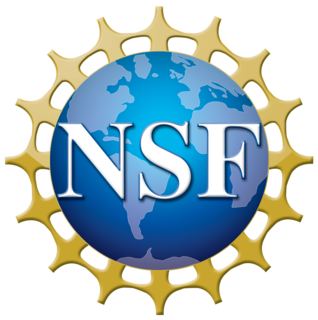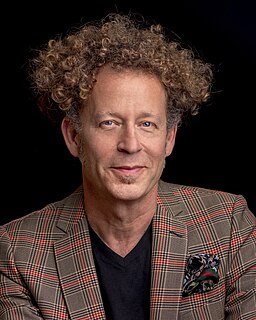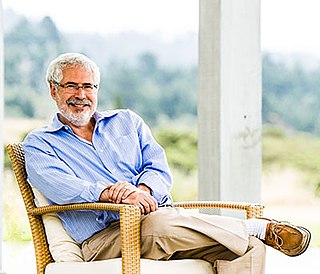Berkeley Webcast (also known as webcast.berkeley) is an initiative of the University of California, Berkeley developed by the Berkeley Multimedia Research Center (BMRC) to share video and audio of full undergraduate courses and on-campus events. [1] Initial research at BMRC was aided by grants from the National Science Foundation. [1] Under its initial name, the "Berkeley Internet Broadcasting System," the project delivered its first seminar webcast January 1995, with the broadcast of regular courses beginning in the spring of 1999. [1] The site now includes over 100 full courses available through streaming RealMedia video, streaming audio, MP3 download, and podcast, with availability of these different options varying by course and event.

The University of California, Berkeley is a public research university in Berkeley, California. It was founded in 1868 and serves as the flagship campus of the ten campuses of the University of California. Berkeley has since grown to instruct over 40,000 students in approximately 350 undergraduate and graduate degree programs covering numerous disciplines.

The National Science Foundation (NSF) is a United States government agency that supports fundamental research and education in all the non-medical fields of science and engineering. Its medical counterpart is the National Institutes of Health. With an annual budget of about US$7.8 billion, the NSF funds approximately 24% of all federally supported basic research conducted by the United States' colleges and universities. In some fields, such as mathematics, computer science, economics, and the social sciences, the NSF is the major source of federal backing.
MP3 is a coding format for digital audio. Originally defined as the third audio format of the MPEG-1 standard, it was retained and further extended—defining additional bit-rates and support for more audio channels—as the third audio format of the subsequent MPEG-2 standard. A third version, known as MPEG 2.5—extended to better support lower bit rates—is commonly implemented, but is not a recognized standard.
Since the fall of 2007, all Berkeley Webcast materials have been assigned a Creative Commons Attribution-NonCommercial-NoDerivatives license by default, but faculty participants and content providers can license these recordings in a variety of ways. [2] Berkeley has started to make select webcasts originally produced for the project available on select external services — iTunes U in 2006 and YouTube in 2007. [3] [4] Before being uploaded on YouTube, in 2006 alone, lectures had been viewed 4.3 million times on their local host at webcast.berkeley. [4]
Creative Commons (CC) is an American non-profit organization devoted to expanding the range of creative works available for others to build upon legally and to share. The organization has released several copyright-licenses, known as Creative Commons licenses, free of charge to the public. These licenses allow creators to communicate which rights they reserve and which rights they waive for the benefit of recipients or other creators. An easy-to-understand one-page explanation of rights, with associated visual symbols, explains the specifics of each Creative Commons license. Creative Commons licenses do not replace copyright but are based upon it. They replace individual negotiations for specific rights between copyright owner (licensor) and licensee, which are necessary under an "all rights reserved" copyright management, with a "some rights reserved" management employing standardized licenses for re-use cases where no commercial compensation is sought by the copyright owner. The result is an agile, low-overhead and low-cost copyright-management regime, benefiting both copyright owners and licensees.

Attribution, in copyright law, is acknowledgement as credit to the copyright holder or author of a work. If a work is under copyright, there is a long tradition of the author requiring attribution while directly quoting portions of work created by that author.
Non-commercial refers to an activity or entity that does not, in some sense, involve commerce, at least relative to similar activities that do have a commercial objective or emphasis. For example, advertising-free community radio stations are typically nonprofit organizations staffed by individuals volunteering their efforts to air a wide variety of radio programming, and do not run explicit radio advertisements, included in the United States specific grouping of "non-commercial educational" (NCE) public radio stations. Some Creative Commons licenses include a "non-commercial" option, which has been controversial in definition.
The project was awarded the 2002 Larry L. Sautter Award for Innovation and Entrepreneurship in Information Technology. [5]












